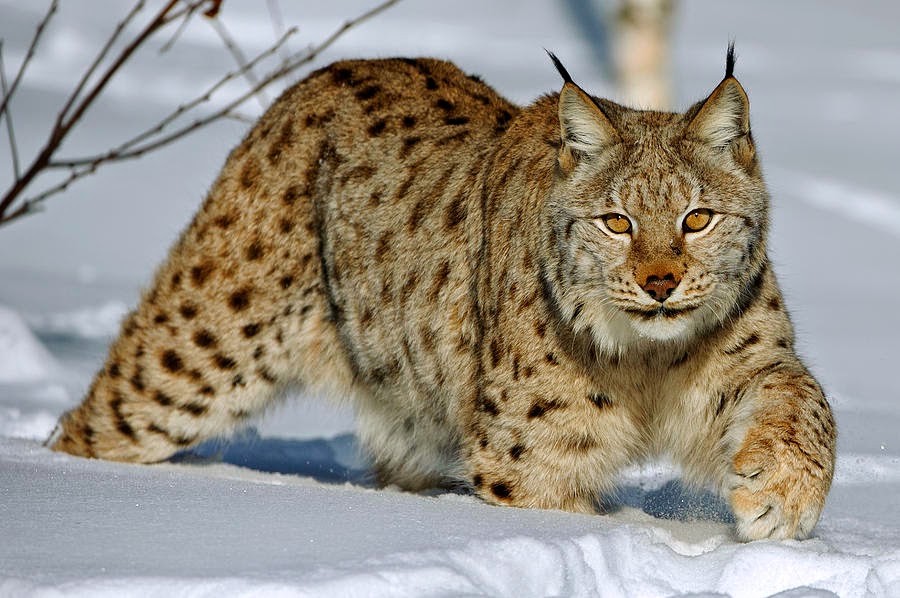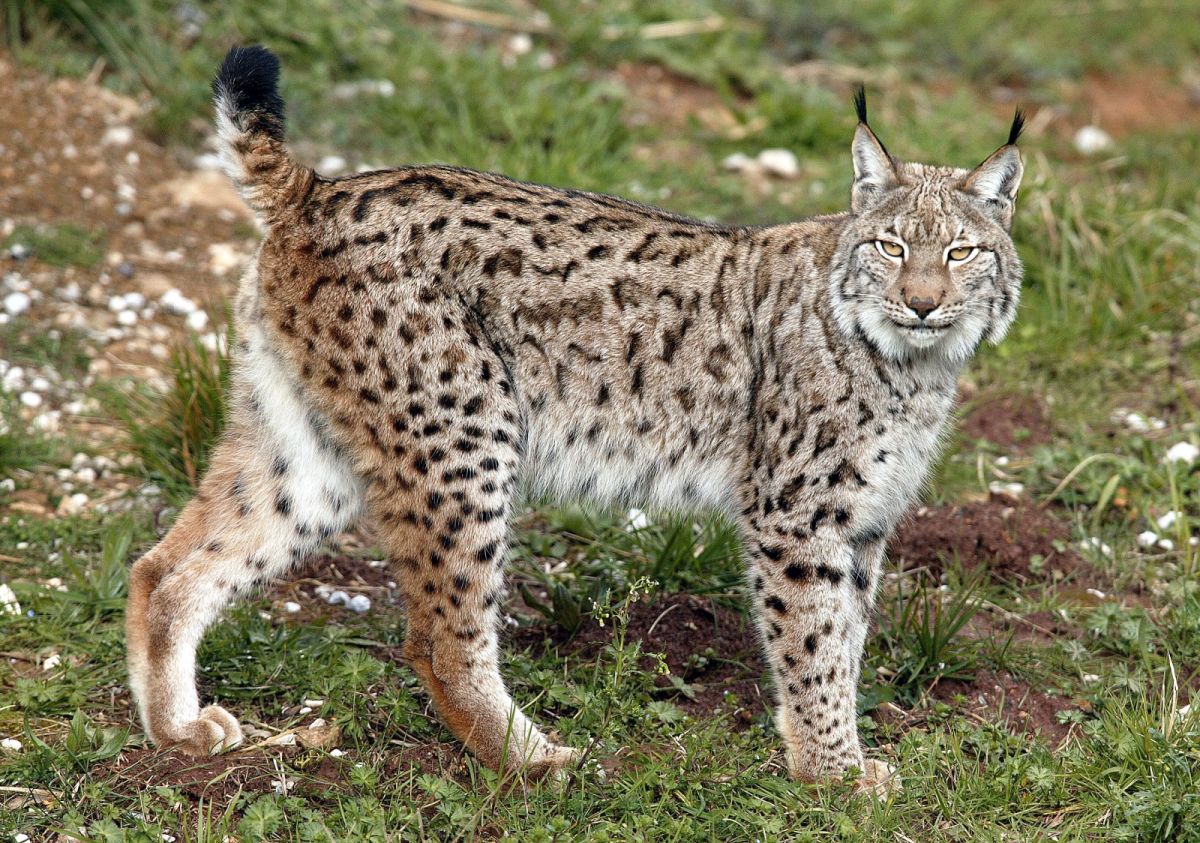
Lynx UK Trust has revealed Kielder forest and the Scottish Borders as its preferred area for a trial reintroduction of wild cats.
On Sunday 24 July 2016 it was announced that the proposal for a five year trial reintroduction of lynx to the UK was moving to a local area in which lynx might be released in the future.
This area is the Kielder forest (England) and Borders (Scotland) area.
The purpose of this move is to allow consultations to take place with local stakeholders, who will be key in any trial reintroduction project.

Alongside the local consultation work, there will also be a period of further research into the ecology and soci-economic condition of the area, conducted by the Lynx UK Trust, its partner organisations and its advisers.
The Lynx UK Trust will have representatives available in the Kielder area on Thursday 11 August 2016 in order to hold an informal Q&A type event at a local venue (TBC).
Lynx UK Trust believes in the lynx is a native species that belongs in the UK, having been hunted to extinction around 500-700AD.
The Trust believes reintroduction is vital in re-storing a natural balance in the British countryside.
Reintroduction of lynx would be 'the final straw'
However, the reintroduction has made some in the farming sector worried.
The National Sheep Association (NSA) has argued about the consequences of the reintroduction of the lynx, being "far greater than just a few sheep lost each year", as Phil Stocker, NSA Chief Executive explained.
He said: "Around 75% of biodiversity in the UK has a relationship with agriculture and, as a country, we have invested heavily in agri-environment schemes to enhance this.
"Grassland environments, which are considered to be an attractive and desirable part of our countryside, are largely managed by sheep farming.
"But conditions are tough in the sheep sector, returns are low and for some farmers the release of the lynx would be the final straw.
"We would lose much, much more than just sheep if these businesses cease to operate."
The NSA sees support for release of lynx as part of the "wider unawareness of the essential function of sheep" in the UK countryside.
